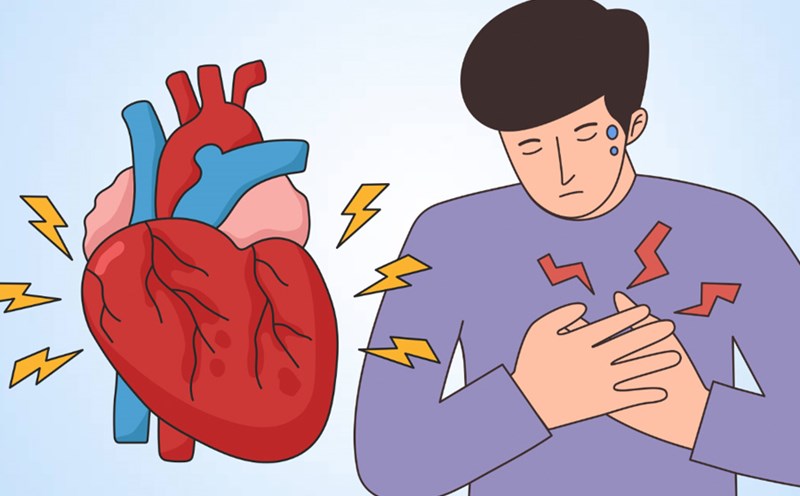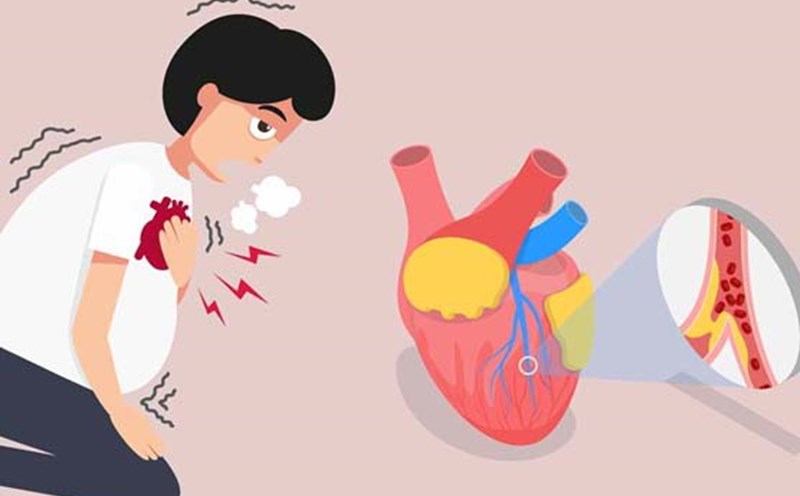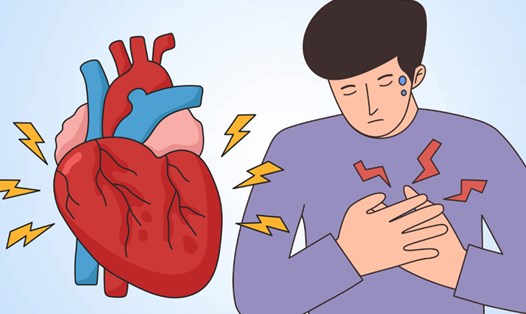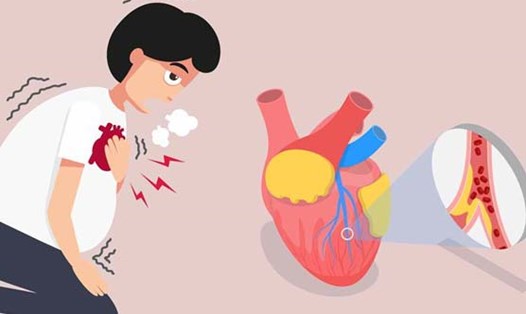What is the link between snoring and cardiovascular health?
According to Dr. Manvir Bhatia, Director of the Neurological and Sleeping Center in New Delhi (India), sleep apnea is a disorder in which breathing is interrupted many times during the night. When this happens, blood oxygen levels decrease, forcing the heart to work harder to compensate. If this condition persists, it can damage blood vessels, increase blood pressure and affect heart function.
Many studies show that people with moderate or severe sleep apnea are at higher risk of heart disease than normal people. In particular, snoring loudly and sleep apnea is often associated with a significantly higher rate of heart attack and stroke.
Why can snoring harm the heart?
Dr. Manvir Bhatia says there are many mechanisms to explain the link between snoring and heart health, including:
Temporary decreased blood oxygen: Each breathing stop reduces oxygen levels, putting pressure on the heart.
Increased stress hormones: The body reacts by releasing adrenaline and cortisol, increasing heart rate and blood pressure.
vascular damage: Continuous fluctuations in blood oxygen can cause inflammation and promote atherosclerosis.
Disrupted sleep: Chronic insomnia affects the resilience of the heart and circulatory system.
When these factors combine, prolonged snoring can increase the burden on the heart and blood vessel system, leading to a higher risk of cardiovascular disease over time.
How to prevent and improve snoring
To protect cardiovascular health and sleep better, you can apply the following measures:
Maintain a reasonable weight, avoid obesity, factors that narrow the airways and make snoring worse.
Limit alcohol, tobacco and stimulants, especially before bed.
Establish a scientific sleep routine: go to bed and wake up on time, avoid using electronic devices before bed.
Sleeping on your side instead of lying on your back helps your airways become more airy.
Visit a sleep specialist if you have symptoms of strong snoring, intermittent breathing or excessive sleepiness during the day.
Use a respiratory support device (such as a CPAP) if prescribed by your doctor.
Note
Sleepwalking is not only a harmless habit but in many cases can be an early warning sign of respiratory disorders while sleeping, seriously affecting the cardiovascular system. Early recognition, proper examination and treatment will help reduce the risk of heart disease, improve sleep quality and improve overall health. A peaceful sleep not only helps you feel alert in the morning but also protects a healthy heart throughout life.
The information in the article is for reference only, not a replacement for medical diagnosis or treatment. You should talk directly to your doctor for accurate advice that is suitable for your health condition.











